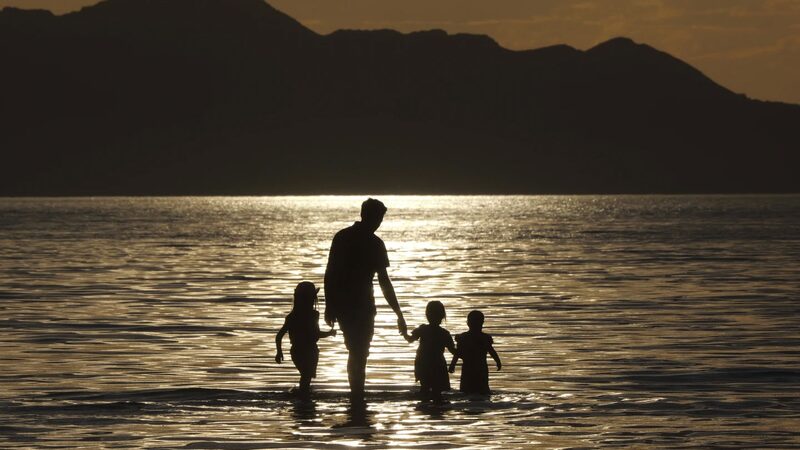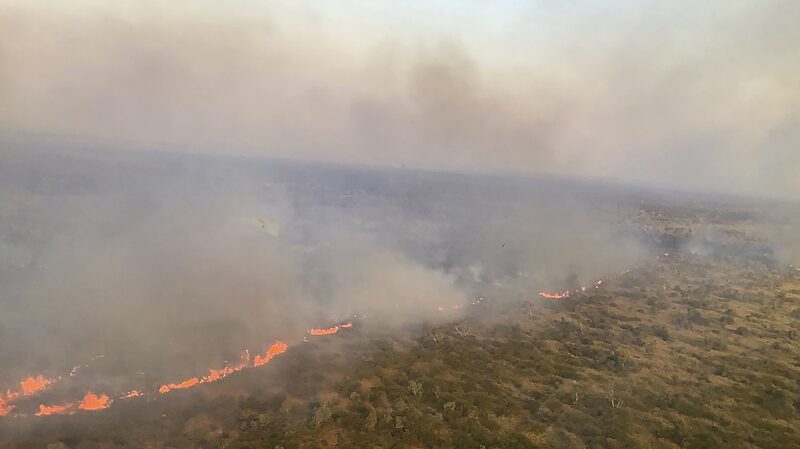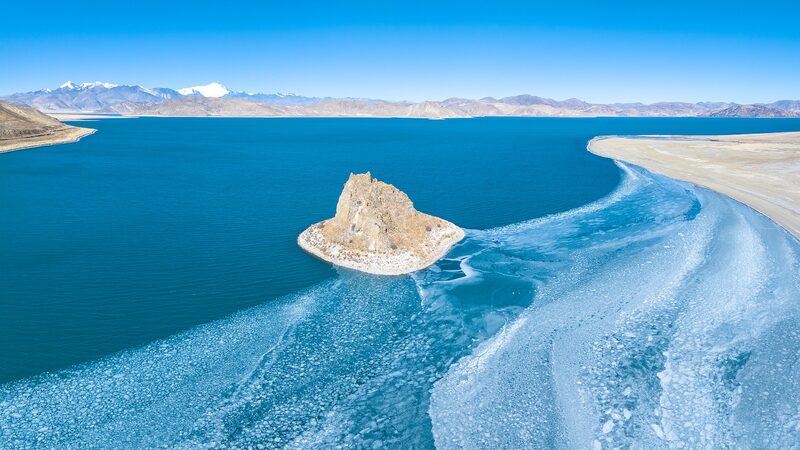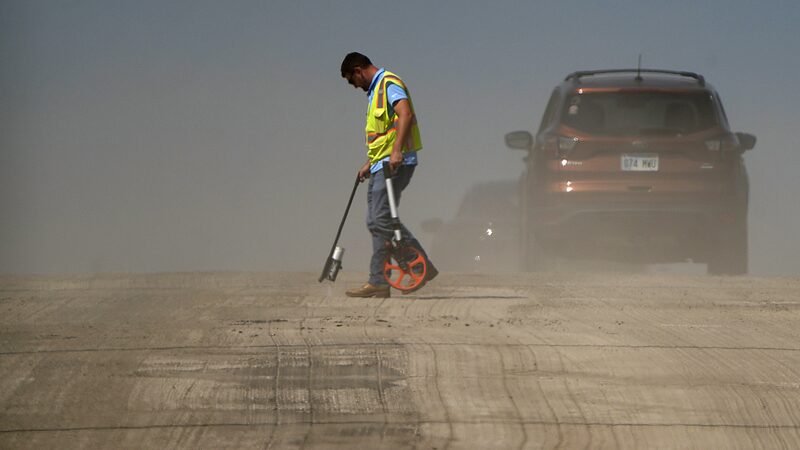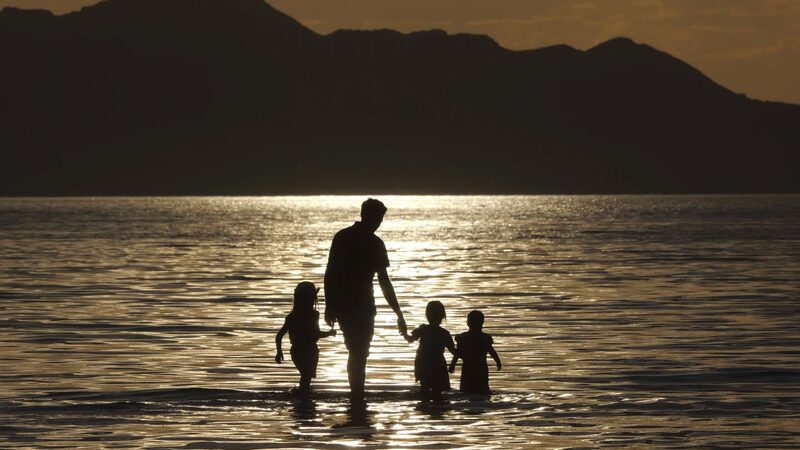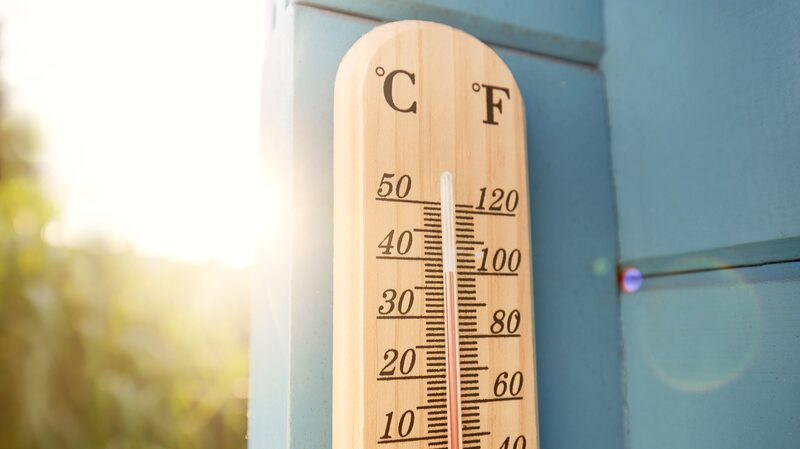Record-Breaking Heat and Unseasonable Cold Hit Simultaneously
Extreme weather events are wreaking havoc across the United States, with some regions experiencing record-breaking heat while others brace for unseasonably cold temperatures and potential flooding.
Scorching Heat Wave Threatens the Midwest and Northeast
In the South, scorching temperatures have already broken records in several areas. Meteorologists warn of a dangerous heat wave expected to move into the Midwest and Northeast next week. Areas most at risk include regions from eastern Kansas to Maine.
The heat wave is expected to last all week, with temperatures soaring over 32 degrees Celsius and reaching nearly 38 degrees Celsius in some places. Experts caution about the dangers of heatstroke and dehydration, especially for vulnerable populations such as young children, pregnant women, the elderly, and individuals with chronic health conditions.
Northwest Braces for Unseasonable Cold
While the South sizzles, parts of the Northwest are preparing for unusually cold weather. The National Weather Service has issued a winter storm watch for some areas, with the possibility of snow accumulation—a stark contrast to the scorching temperatures affecting much of the country.
Climate Change Highlighted as a Growing Threat
The extreme weather events highlight the growing threat of climate change. Scientists have warned for years that climate change will lead to more extreme weather patterns, and these latest developments seem to confirm those predictions.
Staying Safe Amid Extreme Conditions
As the United States grapples with these unprecedented weather extremes, it’s important to stay informed and take steps to stay safe. Those in areas affected by the heat wave are advised to stay indoors in air-conditioned spaces, drink plenty of fluids, and avoid strenuous outdoor activity. People in areas under a winter storm watch should prepare for possible snow accumulation and hazardous driving conditions.
Read more: Extreme Weather Threatens Globe with Heat Waves, Floods, and Droughts
Reference(s):
cgtn.com
